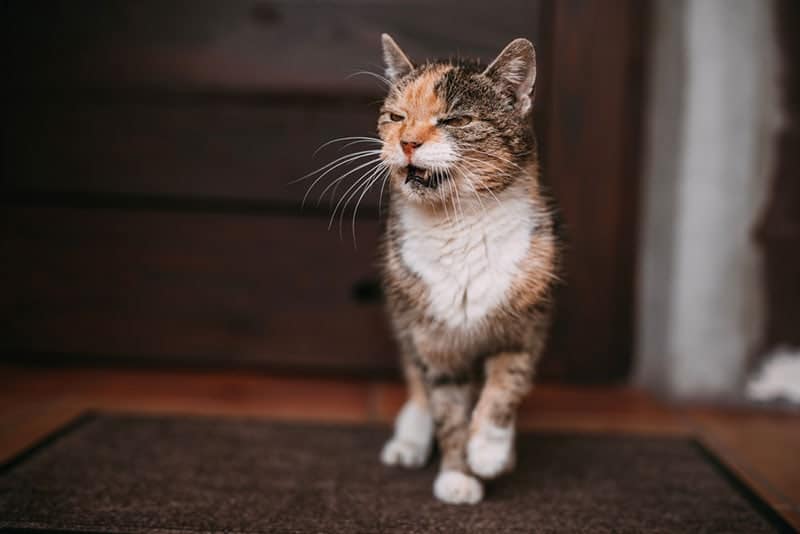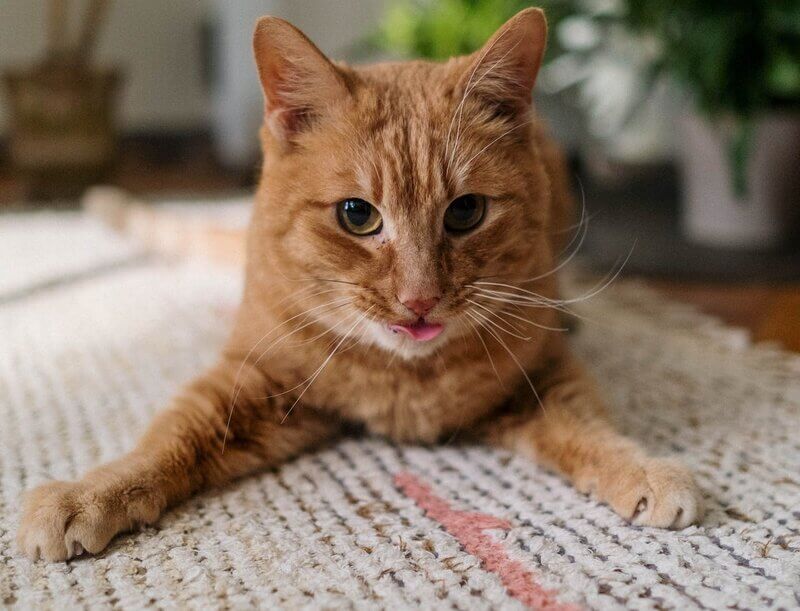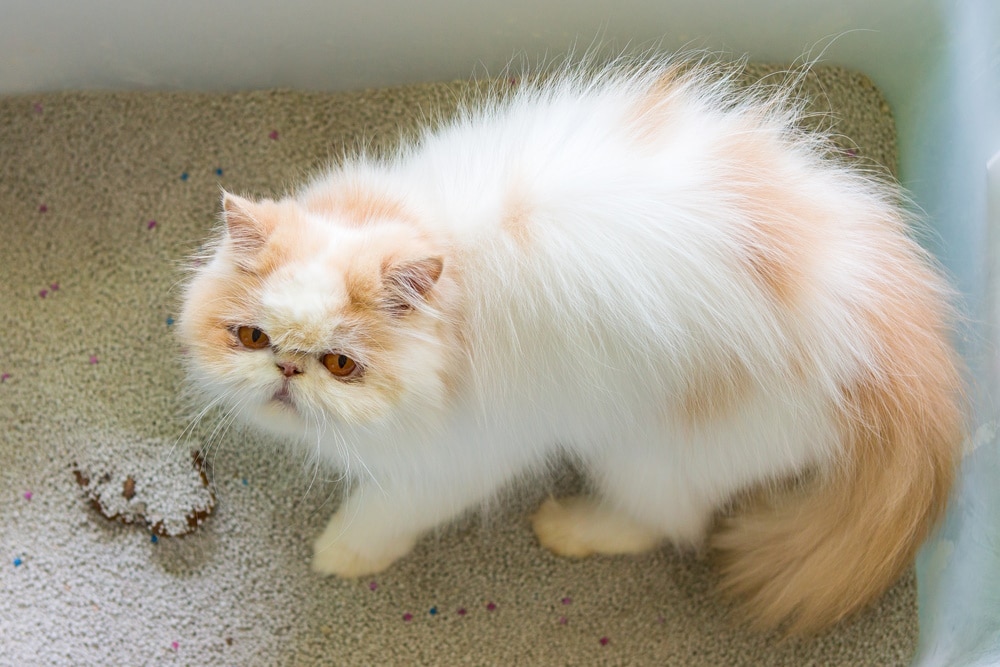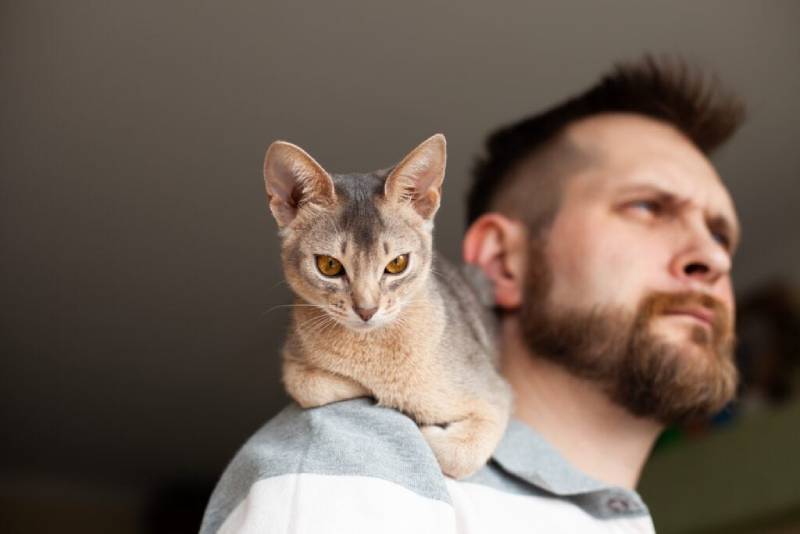If you’ve come back from vacation and your cat is acting a bit strangely, you may be wondering if cats get upset when their human companions are gone for a few days. Cats become attached to their favorite people, not to mention invested in their schedules.
They’re creatures of habit that don’t react well when adjusting to new routines, such as not having breakfast at the regular time or dealing with new people in their space, like pet sitters. It’s not unusual for cats to express their discontent with these situations once their humans are back in town, so yes cats might get annoyed with you. Most return to their old selves relatively quickly, particularly when given extra love and attention.
How Do Cats Show Displeasure in These Situations?
Some cats ignore their human family members when they get back from vacation and are reluctant to engage and interact. Others become stressed, often due to anxiety caused by routine shifts.
Cats can become aggressive, sometimes hissing and swatting to keep people at bay until they become comfortable with things once again. Because cats largely understand the world through smell, they can become stressed when their favorite person comes home smelling differently than expected.
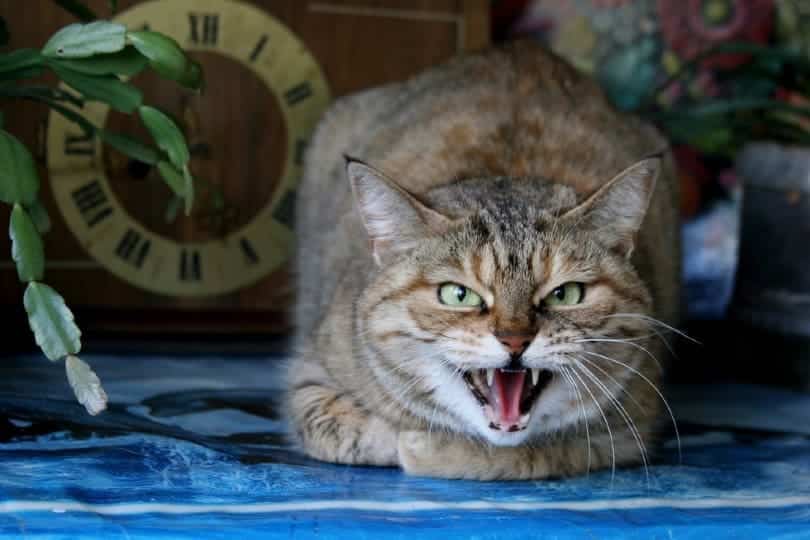
Are There Ways to Get Back in Cats’ Good Graces?
Cats usually return to their old selves relatively quickly, but there are a few things you can do to speed the process along. Allowing cats to take the lead is critical to returning to normal. Cats that hide or run off generally respond best when left alone and given time to readjust to your presence and smell.
When dealing with unwanted conduct such as aggression, ignoring unwanted behavior and rewarding what you want to see is often the easiest and fastest way to obtain cooperation from cats. Patience, paying attention to their body language, and the liberal use of treats and cuddles almost always resolve the situation.

How Long Can Cats Generally Stay by Themselves?
Cats can tolerate being left alone for about a day or so without needing someone to come by, check on them, feed them, and give them attention. Cats that suffer from separation anxiety often become anxious when left for short periods and often benefit from having lots of activities, such as interactive games, to keep them busy when home alone.
Because cats are such creatures of routine, they often prefer staying at home, as the smells and sounds in even the most relaxing boarding facilities can sometimes be stressful for cats.
Having a pet sitter visit allows cats to stay in a familiar environment, which can go a long way toward keeping their stress under control while you’re gone. Pet sitters generally come by at least once daily to ensure everything is okay, dole out food, and play with the cats they care for.
Are There Ways to Make It Easier for My Cat When I Leave?
Yes. There are a few steps you can take to make your absence easier for your cat to deal with, including allowing them to get to know the pet sitter ahead of time and wearing clothes that smell like home when you return.
1. Introduce the Pet Sitter
Because cats sometimes take time to warm up to people, giving them time to become comfortable with pet sitters before being left in their care can go a long way toward helping cats stay comfortable when left alone during family vacations.
Simply having the pet sitter spend time getting to know your cat and playing with them while you’re around can often reduce their stress level once the vacation begins and they’re left to fend for themselves.
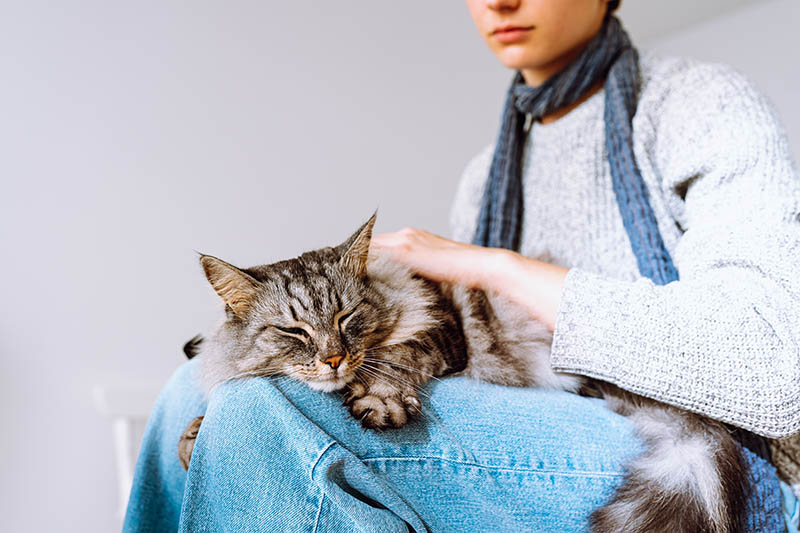
2. Give Your Cat a Call
Cats become pretty attached to their humans and can develop bonds that resemble those formed between humans and babies. Studies suggest they can even recognize their humans’ voices. Asking the pet sitter to give you a ring so you can video chat with your cat is one option, but several cameras on the market allow pet parents to keep an eye on what their cats are up to and interact with them.
Many devices allow you to dispense treats remotely and pre-record messages to play while you’re away to let your cat know you love and miss them.
3. Work With Scent
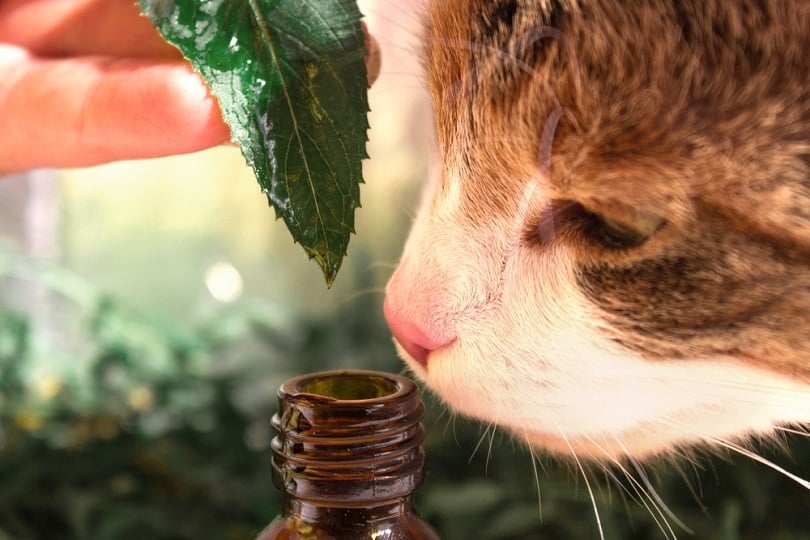
Cats largely understand the world through their noses. When they rub against people, they’re leaving behind pheromones that carry scent molecules cats use to identify familiar people and places. These pheromones mix with their favorite person’s scent to create unique smells cats associate with comfort and home.
Consider taking an item of clothing you’ve worn at home with you on vacation. Slip it on before coming home so you smell familiar to your cat. Leaving something that smells like you in a place your cat loves to relax and hang out can comfort some cats as well.
4. Give Your Cat a Heads Up
While cats may not be able to enjoy Shakespeare, they can determine what’s going on around them through observation. Consider taking your luggage out a few days before you start packing to give your cat a chance to notice that something is different. Involve your cat in the packing process and make it fun so they begin to associate suitcases with good things and positive experiences.

Conclusion
While some cats are okay when their human companions leave them alone, many get upset when left alone for extended periods. Cats dislike routine changes, so adjusting to not having meals and cuddles when expected can be tricky for some.
Because they rely so heavily on smell to identify people and places, they can find the way their favorite person smells after vacation confusing, which can lead to standoffish and aggressive behavior. Cats return to normal relatively quickly, given time, space, and love.
Featured Image Credit: stock1000, Shutterstock

